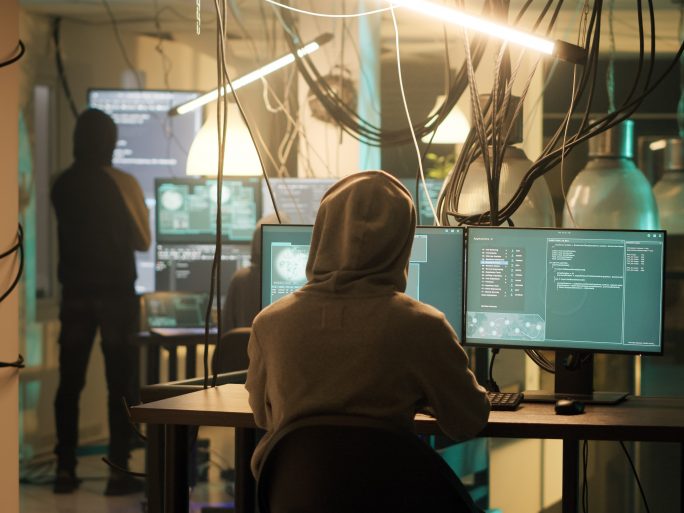On the Darknet: ID Cards Cost 2500 Euros, Social Media Data Available at Junk Prices

Bitdefender determines current black market prices on the Darknet. Providers even give a guarantee for credit on stolen or cloned credit cards.
Bitdefender has investigated the costs for ID cards and payment data on the Darknet. According to the study, identity documents fetch the highest prices. Access data to social media accounts and sometimes even credit card data are offered at junk prices.
Identity documents fetch high prices especially if they have correct numbers. Bitdefender’s search of online black markets revealed offers for German driving licences with NFC chips or identity cards for 2,500 euros. For a biometric passport of the European Union, up to 4500 euros were listed.
Cloned credit cards come with a guarantee
According to the study, the prices for cloned or stolen credit cards depend on the credit limit – for which the providers even offer a guarantee. With a guaranteed credit amount of at least 700 euros, only 60 euros have to be paid for a credit card. With a minimum sum of 2000 euros, it is 210 euros. Those interested in credit cards “on a grand scale” get a discount: various credit cards with a credit limit of up to 60,000 dollars cost a slim 620 dollars.
However, the cybercriminals in the darknet do not guarantee access data to accounts of financial service providers such as PayPal. According to the study, prices here fluctuate greatly depending on supply and demand. The sample showed a price of 150 dollars for a PayPal account with a balance of around 4000 dollars and 250 dollars for a balance of around 8500 dollars.
The lowest value on the black market appears to be access data for social media accounts. For data of millions of LinkedIn and Facebook users, one is supposed to pay 20 dollars. 50,000 followers on Instagram are already available for 250 dollars.
“Today’s digitised end user must assume that sooner or later their data will be exposed, or already known to someone else,” Bitdefender comments on the findings. “Every user should follow and pay attention to news or notifications of data protection incidents at services. Debit or credit card transactions should be closely monitored. In case of emergency, one thing counts above all: a quick conversation with the bank.